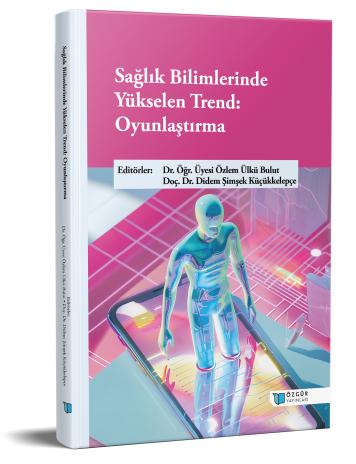
The Role of Escape Rooms in Nursing Education: Innovative Learning Environments and the Development of Practical Skills
Chapter from the book:
Bulut,
Ö.
Ü.
&
Şimşek Küçükkelepçe,
D.
(eds.)
2025.
Rising Trend in Health Sciences: Gamification.
Synopsis
Although escape rooms were designed for recreational purposes, they are now used as an innovative educational method. This book chapter addresses the integration of escape rooms into nursing education. Escape rooms provide nursing students with a gamified experience that enhances their clinical competence and allows them to face future clinical challenges. Escape rooms also provide a learning environment that promotes critical thinking, problem solving and teamwork. Research shows that such practices increase student motivation, foster empathy and active participation in patient care. However, escape rooms also have some disadvantages. The expectation to complete the tasks within a certain period of time with a competitive environment may increase anxiety in students, while the design and implementation of the practices can be costly and time-consuming. Therefore, escape rooms need to be balanced with traditional educational methods. Integration of virtual simulation technologies into escape rooms may have positive effects on health in the future. In conclusion, escape rooms are becoming an effective educational tool in nursing education.

